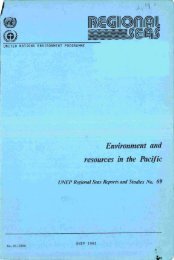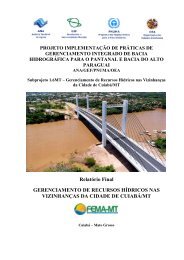Workshop report_ May2007.pdf - Local index - HTTrack Website ...
Workshop report_ May2007.pdf - Local index - HTTrack Website ...
Workshop report_ May2007.pdf - Local index - HTTrack Website ...
You also want an ePaper? Increase the reach of your titles
YUMPU automatically turns print PDFs into web optimized ePapers that Google loves.
The rapid dwindling of zooplankton taxonomic expertise in the BCLME<br />
region over the years has restricted local scientists in their ability to study<br />
changes in zooplankton community structure in detail. Such knowledge is<br />
essential to understand and be able to predict the impact of environmental<br />
changes on fish stock fluctuations. In addition to the harvesting of marine living<br />
resources, the region is a hub of maritime activities, including oil and gas<br />
exploration and production, diamond mining, shipping, ports, and sovereignty<br />
and resource protection. The impacts of these activities on ecosystem health<br />
require judicious management at the ecosystem level, and the Benguela Current<br />
Commission (BCC) was recently established for that purpose. Detailed<br />
zooplankton taxonomic analyses will provide the BCC with practical applications<br />
to a range of policy issues such as climate change, biodiversity, the introduction<br />
of alien species, pollution and eutrophication in addition to fisheries.<br />
The <strong>Workshop</strong><br />
To address this situation of a declining critical mass of zooplankton<br />
taxonomists (or rather, parataxonomists), a regional training course in<br />
zooplankton taxonomy and species identification was developed by Dr Hans<br />
Verheye, as part of a BCLME project on ‘Retrospective Analysis of Plankton<br />
Community Structure in the Benguela Current Large Marine Ecosystem<br />
(BCLME), to Provide an Index of Long-Term Changes in the Ecosystem’ (Ref.<br />
No. EV/PROVARE/02/05). The primary aim of the course was to upgrade the<br />
institutional capacity in the BCLME region.<br />
Five scientists and technicians from each of the three BCLME countries,<br />
viz. Angola, Namibia and South Africa, took part in this training workshop (for a<br />
list of participants and their contact details: see below). They hailed from a broad<br />
spectrum of ethnic, educational and linguistic backgrounds, which at times<br />
4



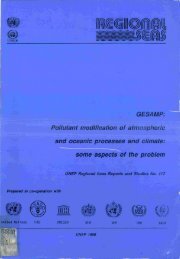
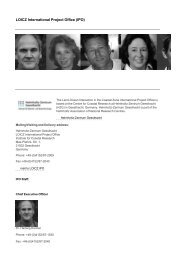
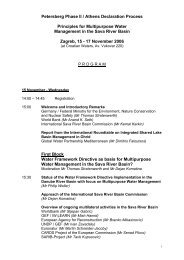
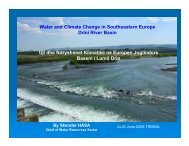
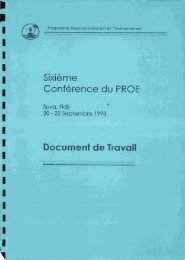
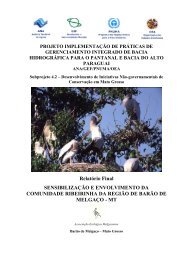
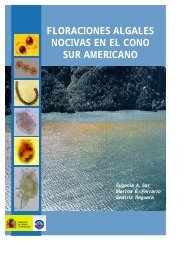
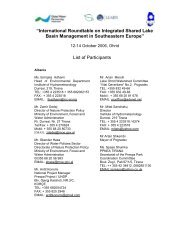
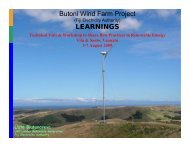
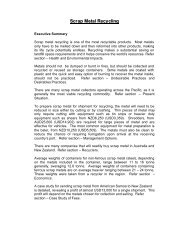
![R]€@lll](https://img.yumpu.com/7594335/1/175x260/reurlll.jpg?quality=85)
